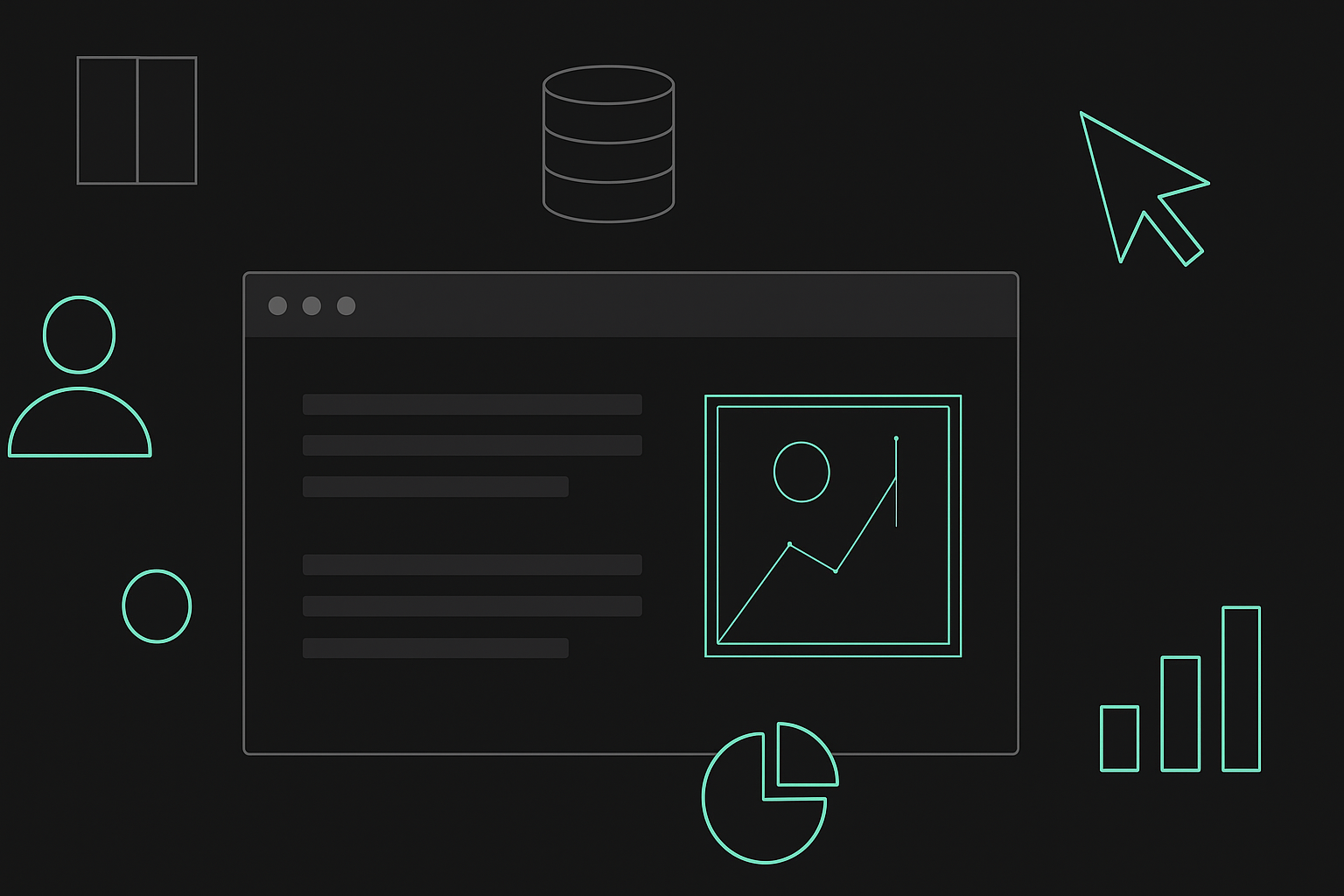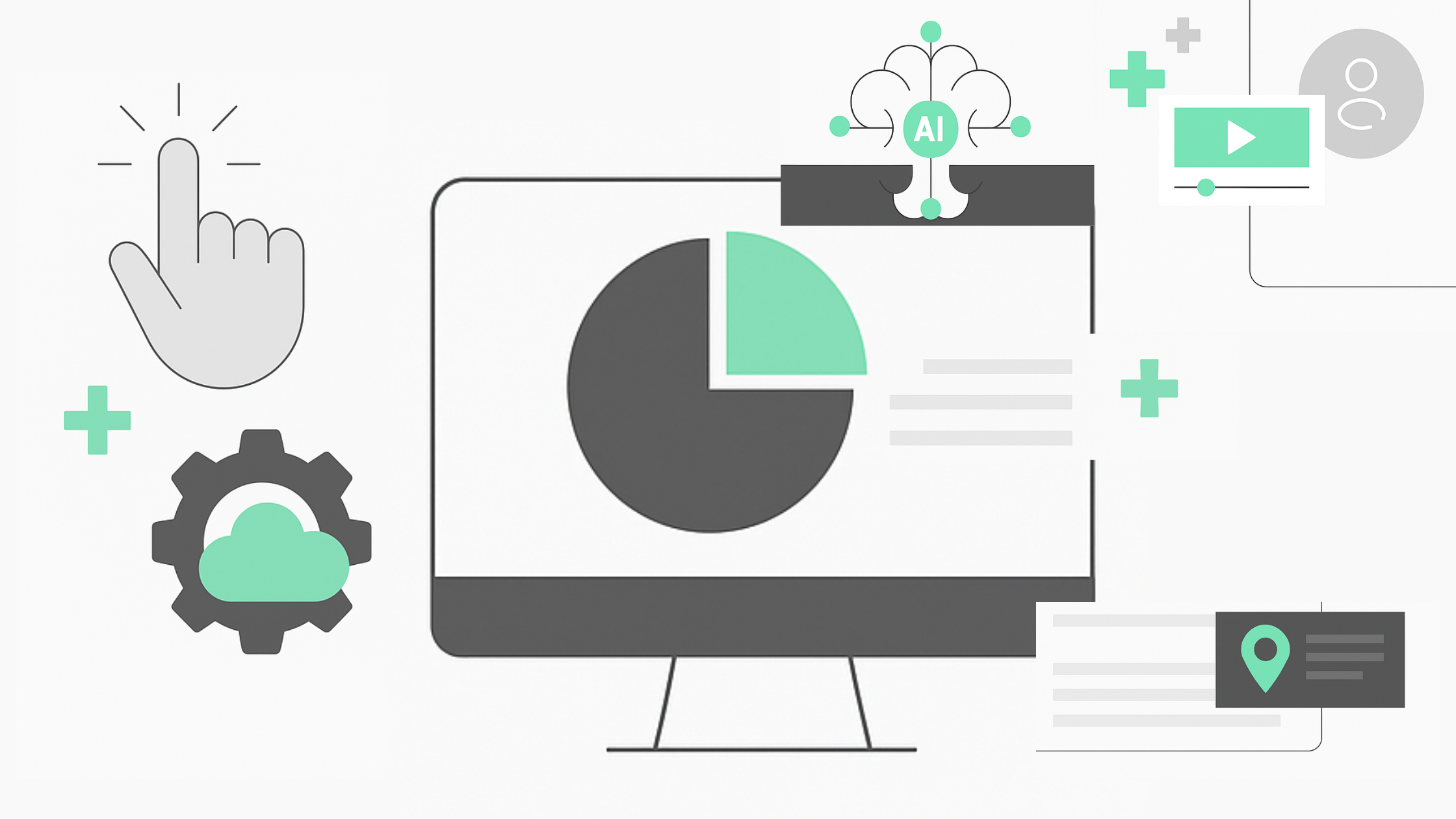Marketing in a Cookieless World
In the past few years, privacy concerns have led to an increasing number of people blocking cookies on their devices. Before this, digital marketers traditionally used cookies to track user behavior and deliver targeted advertising.
In a world where cookies are no longer accepted as a viable tracking method for marketing, online businesses have to adapt their strategies to remain competitive. From creative analytics solutions to retargeting tactics, companies need to look for alternative solutions to stay successful in their marketing efforts. This article will explore the challenges and opportunities of marketing in a cookieless world and discuss some strategies for adjusting to this new reality.
- What Are Cookies? What Role Do They Play in Advertising? & Why Are They Being Phased out?
- The Implications of Cookieless Marketing
- Achieving Targeted Marketing Without Cookies
What Are Cookies? What Role Do They Play in Advertising? & Why Are They Being Phased out?
Digital or browser cookies are small data that track a user's online behavior. They’re stored on the user's computer by a website and track and record user activity like pages visited, ads clicked, and preferences selected.
Digital cookies have been around since the early days of the internet, but their use has become more widespread with the rise of the modern web. They help businesses give users a more personalized experience, by targeting ads based on the consumers' preferences.
While digital cookies have helped provide more efficient online marketing for companies, they’re now being eradicated due to privacy concerns. Since they’re used by websites to track user activity, store preferences, and tailor content to the user, they also pose a privacy risk, as they allow businesses to track and store user data without their knowledge. For example, when a user visits a website and enters their name, businesses could use digital cookies to store that information for future use.
Google, one of the biggest players in the online advertising industry, announced that it would phase out support for third-party cookies in its Chrome browser in 2022. This move is part of a worldwide effort to improve privacy for users and give them more control over their data. As a result, companies will have to find new ways to market to their customers without relying on cookies.
Besides concerns about digital cookies being used to track user activity without their knowledge or consent, many also worry that this information is being sold to third-party companies. This has prompted several privacy sanctions by governments around the world, enacting laws and regulations that limit the use of digital cookies.
Many browsers and websites have implemented measures to ensure that digital cookies are blocked or deleted whenever possible, while other companies have completely phased them out. This restriction protects user privacy and ensures that companies do not unknowingly track or monitor people.
The Implications of Cookieless Marketing
While cookieless marketing may seem like a simple solution to the problem of user privacy, it also introduces a new set of implications. Understanding the effects of this restriction can help businesses navigate the shift towards cookieless marketing and continue to reach and engage with their target audience effectively. Some of the implications of cookieless marketing include the following:
- Difficulty tracking user behavior: Without cookies, tracking user behavior and preferences becomes more complex, making it harder to deliver personalized content and advertising. This struggle to provide personalized content can lead to a less-engaging user experience and lower conversion rates.
- Reduced ad performance: Because cookieless marketing makes it more challenging to target specific user groups based on their browsing history and interests, it becomes difficult to measure the effectiveness of advertising campaigns and optimize them accordingly.
- Limitations in measuring conversion rates: To measure conversion rates, marketers typically rely on cookies to track a user's journey, from clicking on an advertisement to making a purchase or signing up for a service. Without cookies, tracking this journey and determining how many conversions occur is difficult, reducing the effectiveness of advertising campaigns and data-driven decisions about improving strategies.
- Increased privacy risks: Cookieless marketing relies on other methods of tracking and identifying users, such as device fingerprinting, browser fingerprinting, and IP tracking. While these methods may effectively identify users, they raise concerns about user privacy. These methods may not be as transparent or controllable as cookies, and users may not be aware that they are being tracked, causing increased privacy risks and a sense of mistrust.
- Limited data collection: Companies may have limited data on how users interact with their websites without cookies, making it harder to understand behaviors like which pages they visit and how long they stay on the website. This data can be used to improve website performance and user experience, without which it becomes challenging to make informed decisions on website improvements.
Achieving Targeted Marketing Without Cookies
As privacy concerns continue to grow, there's a shift in how marketers approach their strategies to adapt to this change. While marketing in a cookieless world might seem daunting, it is, in fact, doable, and companies can still reach their target audience without relying on cookies. Here are some tips on how to achieve targeted marketing without cookies:
- First-Party Data: The information collected through a company's website, such as email addresses, purchase history, and browsing behavior, can be used to create targeted advertising campaigns, personalize website content, and improve overall website performance. To get ahead in this, it helps to have a user-friendly website with streamlined processes that makes it easily navigable.
- Contextual Marketing: This approach focuses on the context of the user's browsing experience, such as the content they are viewing and the keywords they search. Contextual marketing can create targeted advertising campaigns and personalize website content based on the user's context.
- Device-Based Targeting: This approach uses data from a user's device, such as their IP address, to create targeted advertising campaigns. This approach can be used to target specific geographical regions or specific types of devices.
- Leveraging Email Marketing: Email marketing allows companies to communicate directly with their customers and personalize their messages. By collecting data on customers' preferences and behavioral patterns on their websites, companies can create targeted email campaigns that are more likely to succeed and reach their audience. Additionally, email marketing allows companies to track engagement and gather data on how their campaigns are performing to make informed business decisions.
- Social Media Marketing: Social media platforms like Facebook, Instagram, and Twitter offer powerful targeting tools that allow companies to reach specific audiences based on demographics, interests, and behavior. Companies can reach their target audience and drive conversions by creating engaging content and running targeted ads.
- Search Engine Marketing (SEM): SEM allows companies to advertise on search engines like Google and Bing and reach users actively searching for products or services related to their business. By optimizing their website and ads for specific keywords, companies can increase their visibility on search engines and reach their target audience.
Overall, targeted marketing without cookies is possible. Companies can create targeted advertising campaigns by focusing on user experience, data collection, and personalization, leveraging email marketing, social media marketing, search engine marketing, and retargeting.
Nonetheless, implementing these changes requires a modernized website that can adapt to the shifting landscape of online advertising, is navigable and visually appealing, and provides a seamless user experience to drive business growth. That said, it's not always easy to maneuver through the ever-changing digital world and to know what steps to take to modernize your website.
At Outliant, we specialize in creating digital transformation strategies tailored to your business needs. Learn more about how we can help you transform your website and achieve targeted marketing in a cookieless world by booking a discovery call with us today.










